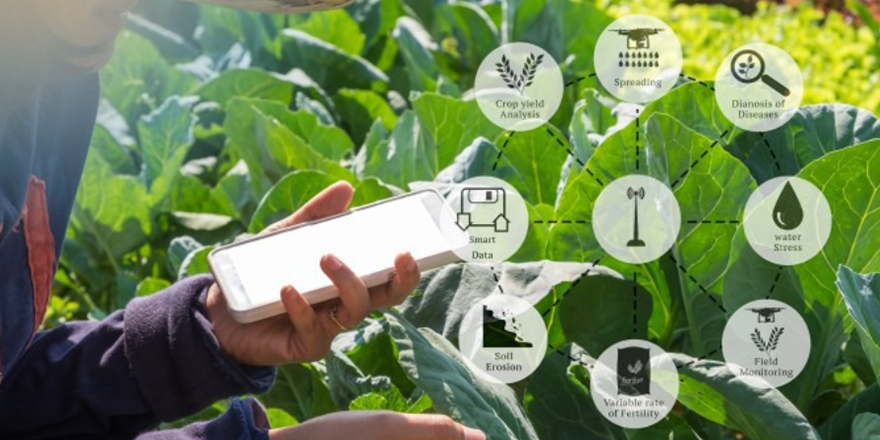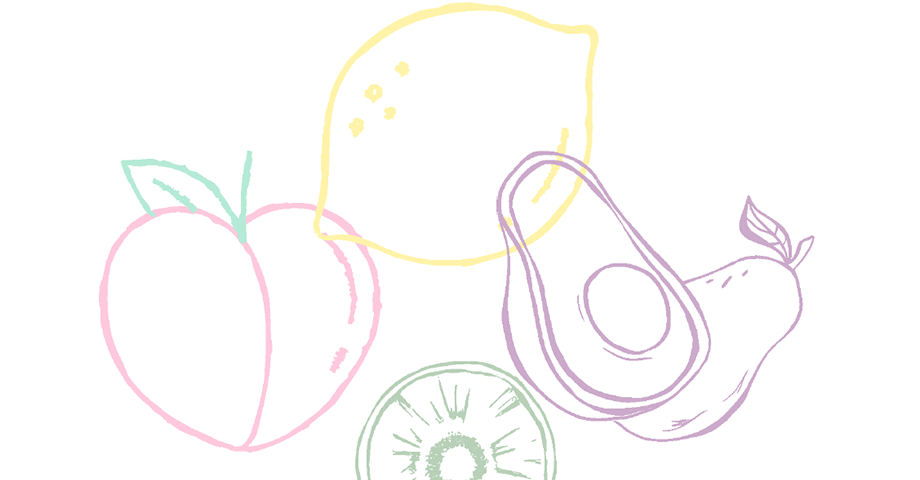Executive Summary
Meeting the requirements of compliance is an area that farmers struggle with. They are great at working the land and with animals and get frustrated at having to slow down to complete what is sometimes seen as needless paper work. Compliance in the agricultural sector is only going to increase and become more complex. Local communities and customers are demanding ethical environmentally sound products. They want safe, healthy, affordable food and don’t want the production of that food to be at the expense of the environment or animal welfare. The social licence to operate is becoming more important as communities are expecting more from agriculture. If the agricultural industry doesn’t act quickly to the pressures of the community, then regulation will only continue to increase.
Profitability will always come first in a business. This is not greed, it is economics. If a business does not turn a profit or break even it will not survive. Farmers need to be shown that compliance doesn’t have to be a cost, and in fact can improve profitability. All the farmers surveyed saw each area, Environment, Product Quality, Health and Safety and Animal Welfare as very important. the desire to do the right thing is there so If we can show how complying in these areas will help in running a profitable business, we should be able to help them progress. Desire and importance alone is not enough to drive compliance. Farmers are busy, and tasks are constantly getting prioritised; tasks where a farmer can directly link it back to profitability and success are always going to move to the top of the list.
There are three ways that farmers can be encouraged to comply with regulation, farm accreditation programs that will give them preferred access to market and premiums. Education around how complying can make their businesses more profitable and reduce their risks and lastly, negatively hit their profitability with fines and tighter restrictions. The first two options will be more successful. Option three doesn’t promote cultural change and relies on the regulator constantly looking over the farmers shoulder, as soon as the regulators back in turned behaviour will revert.




